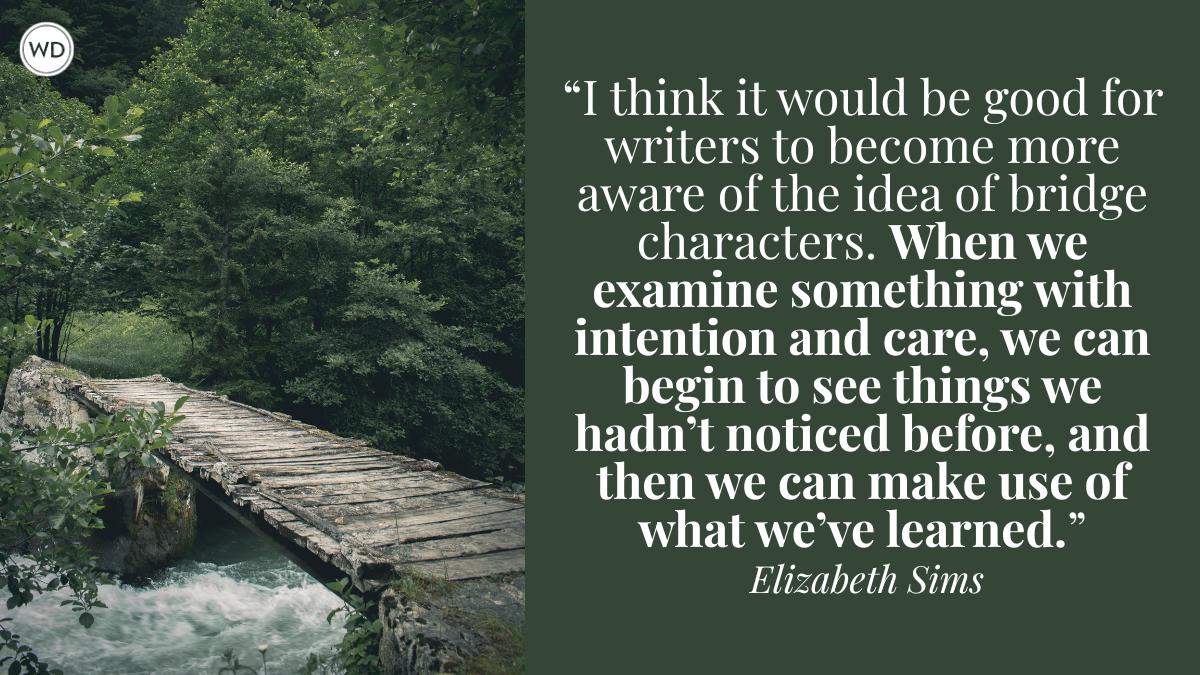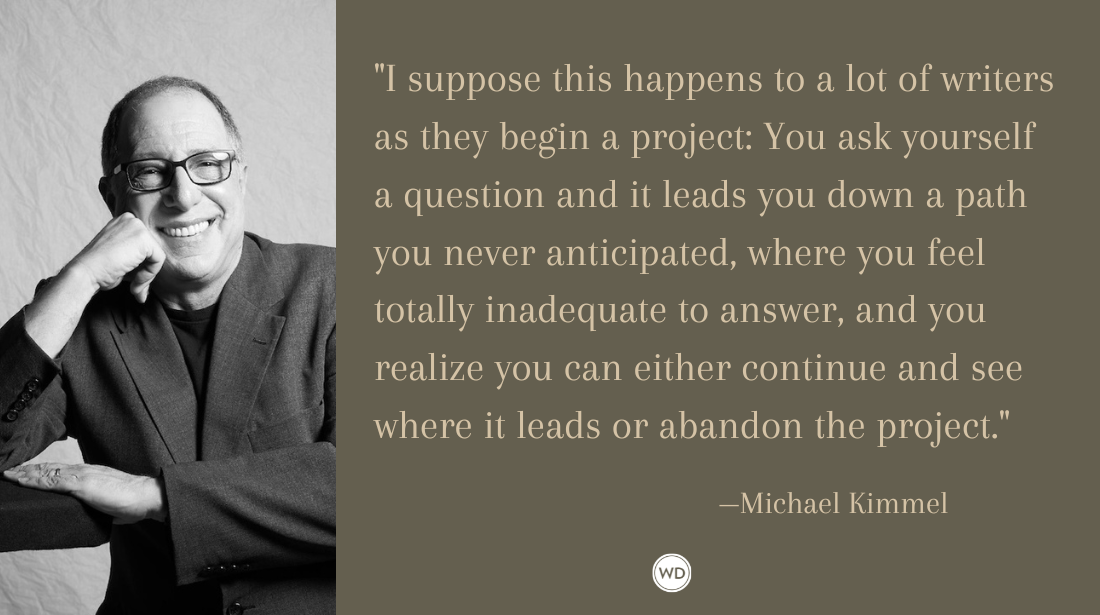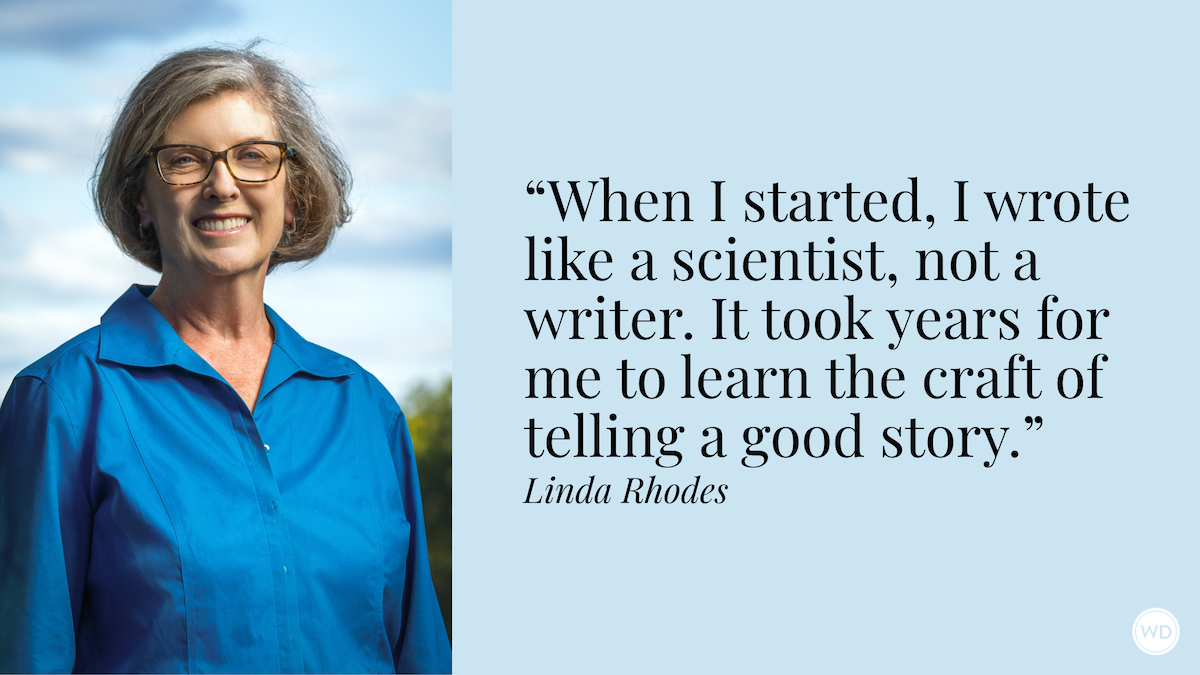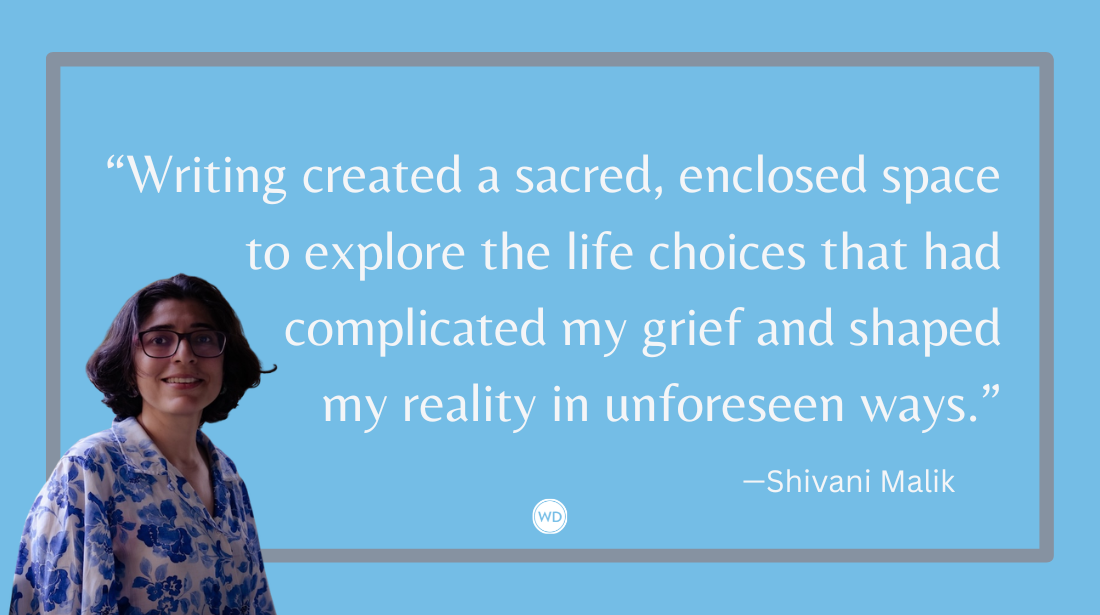The Copy Editing and Proofreading Checklist All Writers Need
Here are 26 important items you should check when copy editing and proofreading your manuscript.
Whether you are hired as a copy editor or a proofreader on a project or you're revising your own work, you want to make sure you don't miss anything. Here are 26 important items you should check when copy editing and proofreading your manuscript.
- Read the proof word for word against the original copy (if provided). (Even if an original is not provided, be sure to verify all direct quotations.)
- Read the proof straight through without checking against the original.
- Check the date.
- Check the headers, footers, or other headings that contain standard information.
- Check the page numbers.
- Check the copyright statement, if applicable.
- Check chapter titles or article titles (and page numbers) against the table of contents.
- Check chapter and/or section numbering.
- Check figure and table numbering.
- Check subheads for consistency. Also check their format (e.g., indention and font) and numbering.
- Check proper names to be sure they are consistently spelled and capitalized. Place a checkmark next to any verified proper names (when editing on paper).
- Check superscripts against footnotes or endnotes to be sure they correspond and that none are missing.
- Check every jump and cross-reference.
- Check parentheses to be sure that all are paired and that there are no parentheses within parentheses.
- Check running heads.
- Check any captions.
- Check quotation marks to be sure that all are paired and that there are no double quotation marks within double quotation marks.
- Check arithmetic, such as columns of numbers and pie charts.
- Check for widows (a single word at the beginning of a page) and orphans (a single word at the end of a paragraph).
- Check for stacked breaks (more than two consecutive lines ending with hyphens).
- Check series of words or phrases for parallel structure.
- Check paragraph indents for consistency.
- Watch for font and size changes.
- Run a spell-check on the file, if possible.
- In justified copy, watch for excessively tight or loose lines.
- Make sure paragraphs have ending punctuation.
Brian A. KlemsAuthor
Brian A. Klems is the former Senior Online Editor of Writer’s Digest, and author of Oh Boy, You’re Having a Girl (Adams Media/Simon & Schuster). Follow him on Twitter @BrianKlems.
Related Stories









